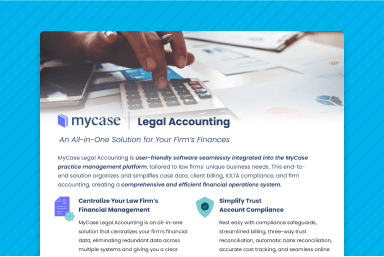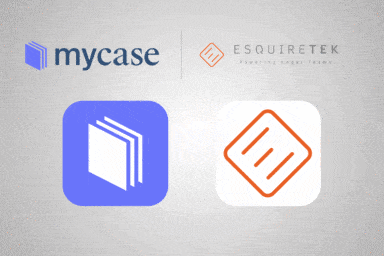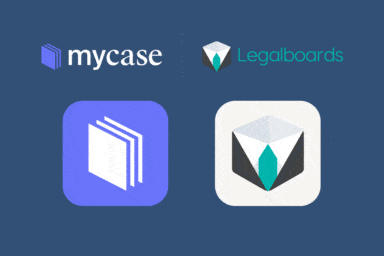The Duty of Legal Technology Competence: How To Keep Up

The duty of technology competence
The language added has been similar, regardless of jurisdiction. By way of example, New York changed Rule 1.1 of New York Rules of Professional Conduct in March of 2015 and it now provides, in relevant part, as follows: “To maintain the requisite knowledge and skill, a lawyer should (i) keep abreast of changes in substantive and procedural law relevant to the lawyer’s practice, (ii) keep abreast of the benefits and risks associated with technology the lawyer uses to provide services to clients or to store or transmit confidential information, and (iii) engage in continuing study and education…”
Similar language was adopted by the 31 states that currently require technology competence – and more will no doubt soon follow. To find out if your jurisdiction requires technology competence, check out Bob Ambrogi’s LawSites Blog, which provides a complete and continually updated list of jurisdictions that have revised their rules to include this requirement.
Technology credits as a CLE requirement
As this language is increasingly adopted by jurisdictions across the U.S., lawyers are faced with the dilemma of maintaining technology competence and staying on top of the latest technological advancements, all while running busy law practices. This continuing duty to stay on top of the rapid advancements technology seems daunting task for many lawyers, but it’s an important one. That’s why, in an effort to encourage and assist lawyers in learning about legal technology, Florida was the first to require that lawyers complete 3 credits of legal technology CLE per biennial cycle. Pennsylvania and North Carolina are also considering the addition of technology credits to their CLE requirements. Other states are sure to follow.
It’s also important to make it a priority to learn about technology on your own. The key is figuring out how to make time every workday to stay on top of rapid technological advancements. If you learn just a bit at a time, rather than trying to do it all at once, you’ll be less likely to feel overwhelmed. If you’re not sure where to start, here are a number of legal blogs to start reading, all of which provide a wealth of legal technology updates, information, and advice.
Legal technology resources
First, there’s Bob Ambrogi’s LawSites, which was mentioned above. Bob has been covering legal technology for more than 20 years. His blog includes industry news and trends, technology tips, and much more. The legal technology columnists at Above the Law also provide lots of great, timely insight into trending legal technology topics.
- Future Lawyer, written by the always-knowledgable attorney Rick Georges
- Divorce Discourse, where attorney Lee Rosen shares technology and law practice management advice
- Law Practice Tips, a blog written by Jim Calloway, an attorney and the Director of the Oklahoma Bar Association’s Management Assistance Program
- Attorney at Work, a group blog that focuses on legal practice management issues, including legal technology
- Law Technology Today, an ABA-sponsored legal technology group blog
- Ride the Lightning, where lawyer Sharon Nelson tackles a variety of interesting legal technology issues.
Then there’s my personal blog, Sui Generis, where I post many of my Daily Record articles, most of which address legal technology issues. And, last, but not least, don’t forget about all of of posts and resources available here at the MyCase Blog, including our free webinars and free small firm legal practice management and legal technology guides.


